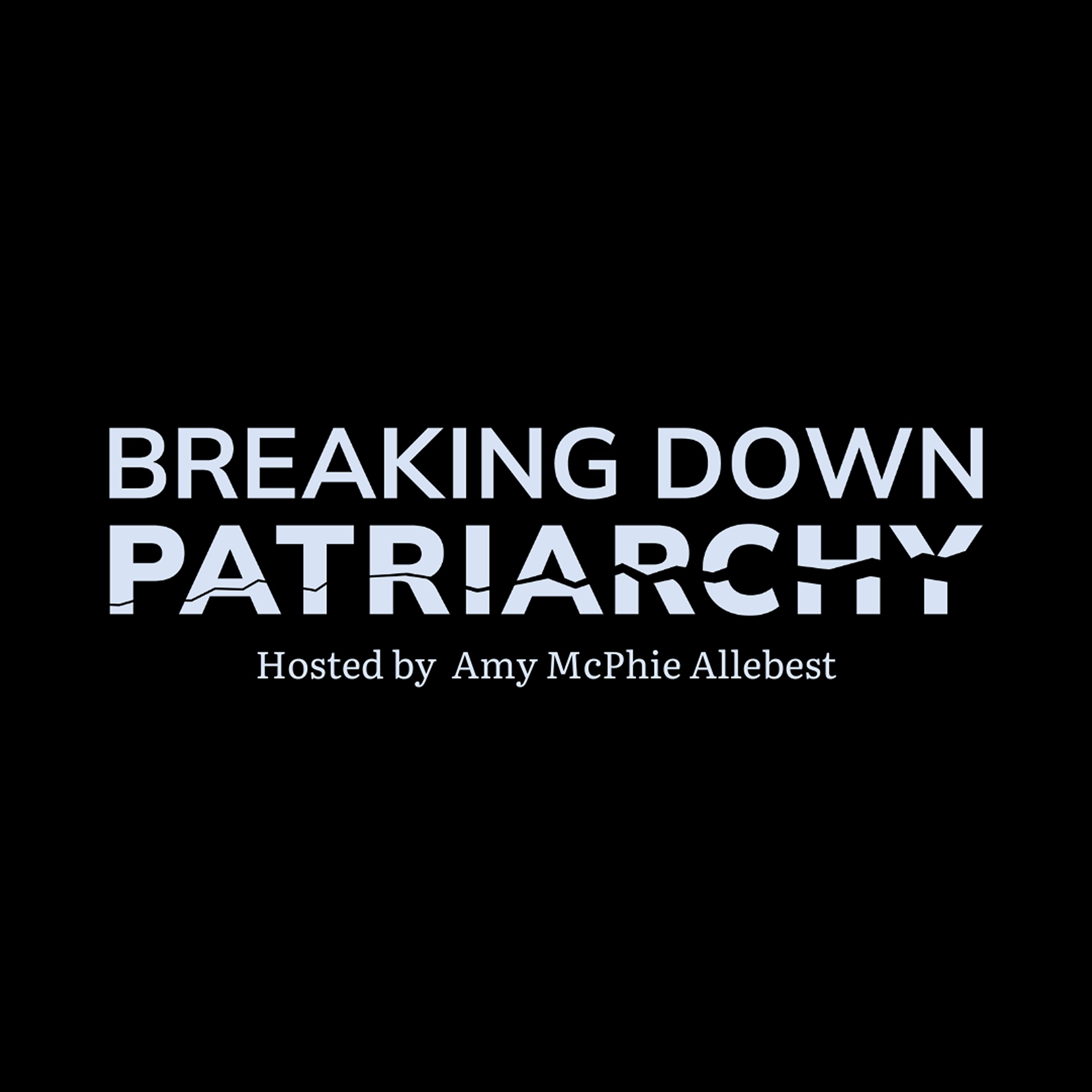Episode 7
Declaration of the Rights of Woman and the Female Citizen, by Olympe de Gouges
Amy is joined by guest Lindsay Allebest for a discussion of the Declaration of the Rights of Woman and the Female Citizen by Olympe de Gouges. Topics include the French Revolution, the origins of natural rights, the Veil of Ignorance.
Lindsay Allebest is currently a student at Boston University, where she studies History and Liberal Arts, as well as Spanish and Ancient Greece. Although she grew up in the sunny Bay Area in California, she loves living on the East Coast and finally getting some use out of her favorite plaid scarf. When she is not busy writing essays for school, Lindsay loves to sing, play board games with friends and family, and gaze lovingly at her cat Minerva. One of my favorite things to do with my reading partner and oldest child, Lindsay, is to make dinner together. Or sometimes I request that she read out loud from her textbooks or talk to me about her college classes while I cook. Lindsay taught me so many things on this episode, just as she teaches me constantly in everyday life.


